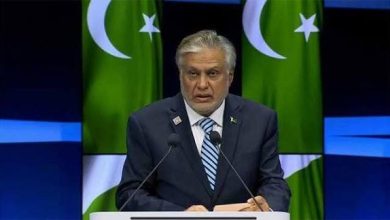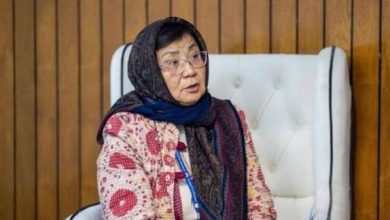Islamic Emirate Calls Israel’s Attack on Hamas Office in Doha a “Savage Act”
The Islamic Emirate of Afghanistan has strongly condemned Israel’s attack on the Hamas office in Doha, Qatar, labeling it a “savage act” and a blatant violation of human and international norms.
On Tuesday evening, Zabihullah Mujahid, the Emirate’s spokesperson, announced on his official X account that the attack targeted the Hamas office, resulting in the martyrdom of several members.
He described the assault as part of Israel’s repeated violations of accepted human and political standards.
Mujahid stated, “The Zionist regime has repeatedly and shamelessly breached human and political norms, committing ongoing crimes.
Regrettably, influential countries and international organizations remain silent, which is deeply deplorable.” He called for an immediate end to Israel’s aggression, respect for national sovereignty, and the cessation of oppression against the Palestinian people.
The attack not only violates Qatar’s sovereignty as a neutral host of regional talks but also undermines international diplomacy. Qatar has played a key mediation role in conflicts like Afghanistan and Yemen, and such actions erode trust in its neutrality.





